Finca San Francisco is one of several small farms owned by Roger Dominguez of Marcala, Honduras. In the last five years we've been consistently impressed with Roger, his coffees, and his passion for bettering his community through specialty coffee production.

Finca San Francisco
This is our fifth consecutive year purchasing coffee from Roger Dominguez, who also owns Finca La Cueva. In addition to his own farms, Roger brokers coffee for his friends, family, and neighbors, paying prices higher than what is offered by the local intermediaries.
Roger initially inherited three parcels of land from his father near the town of Marcala in the department of La Paz. Each of the farms is approximately four hectares—about the size of Washington Square Park—and situated at 1,300 meters elevation, excellent for the region.
Roger primarily grows Bourbon, Caturra, and Catuai—three varieties that are excellent for flavor, but challenging for farmers due to their higher susceptibility to pathogens and pests. This particular lot from San Francisco is 100% Catuai, a cultivar developed in Brazil in the 1940s by crossing Yellow Caturra and Mundo Novo varieties. Catuai is a short variety that can be planted in densely packed rows, allowing for more efficient harvesting.


Natural Processing Coffee
The natural process is the oldest and most rudimentary processing method, but it is most common and most effective in regions where water is scarce and rainy seasons are well-defined. To produce a natural, coffee is selectively picked and laid out in thin layers, often on platform beds, to dry with the fruit still intact. The fruits are carefully and routinely turned as they dry. Drying takes longer than with washed processing, often as much as 4 or more weeks. Once it is dry, fruit is hulled to remove the dried husk from the seed.
Producing a coffee like this requires the highest and most exacting standards of picking and processing. While it sounds boilerplate, there really is so much more opportunity for error, as drying the coffee within its fruit bypasses some of the usual sorting practices while increasing the opportunity for problematic fermentation.
Honduras produces quite a lot of coffee—ranking fifth globally and first among Central American countries. Ironically, it was a latecomer. Although it has excellent climate and geographic features, it has historically lacked the infrastructure and processing facilities necessary to meet its potential in terms of coffee quality. For decades, it was common practice for coffee to be smuggled out of Honduras and into neighboring Guatemala or El Salvador where prices were higher.
In the last 20 years Honduras has made incredible progress in developing its specialty coffee sector thanks to dedicated individuals such as Roger and Benjamin Paz. It has been rewarding to expand our purchasing there alongside these incredible partners!
Ready for a cup of excellence?
Tasting Notes:
Green Apple, Strawberry, and Raspberry Jam
Region:
Marcala, La Paz
Producers:
Roger Antonio Dominguez Marquez
SOURCE:
Finca San Francisco
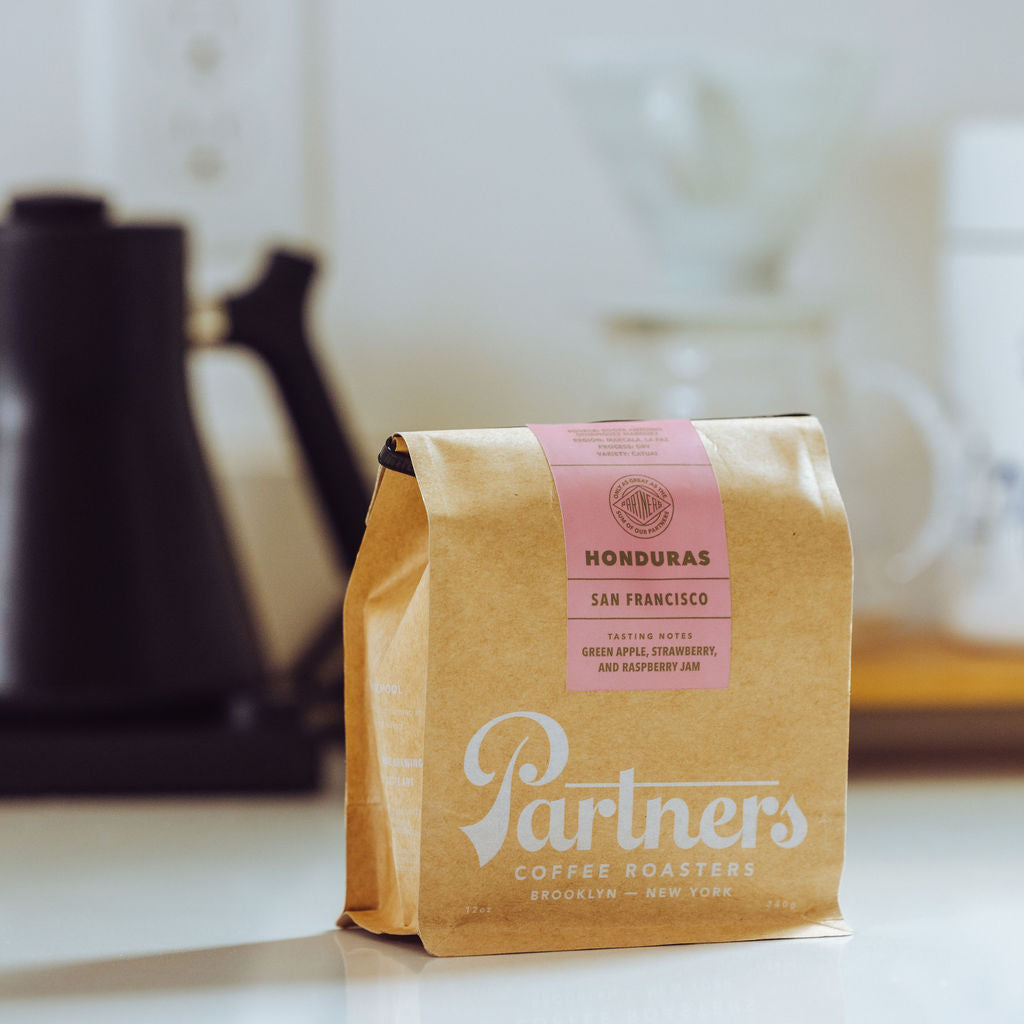
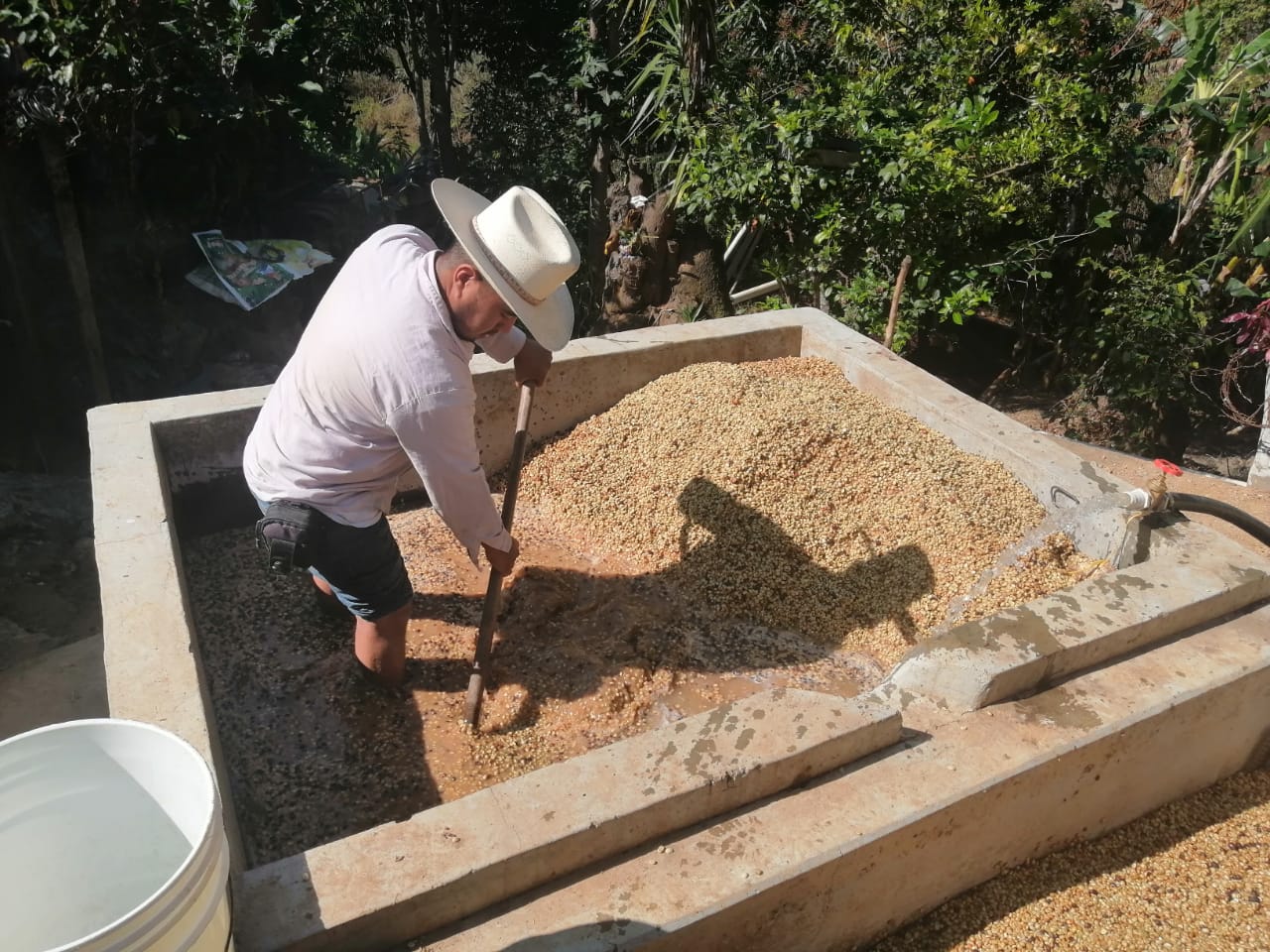
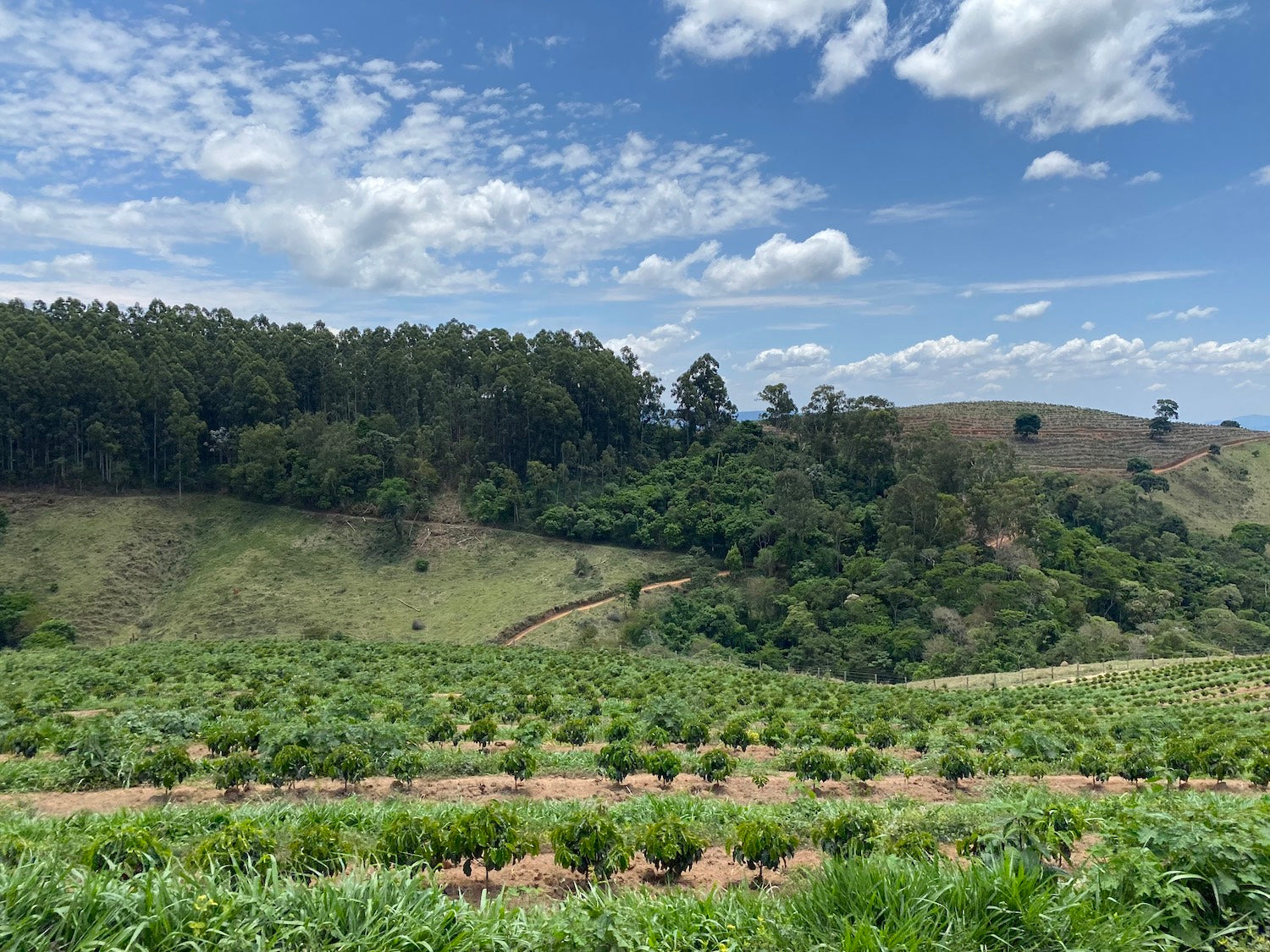

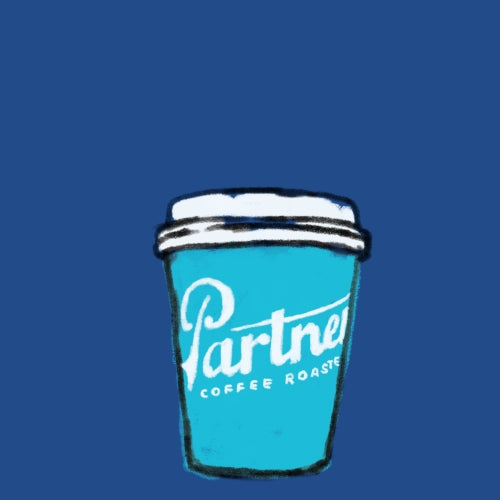
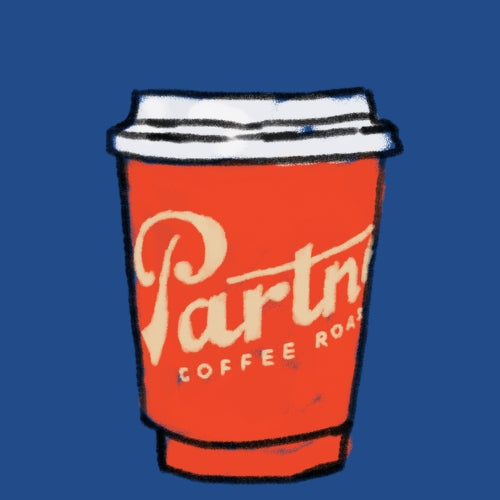

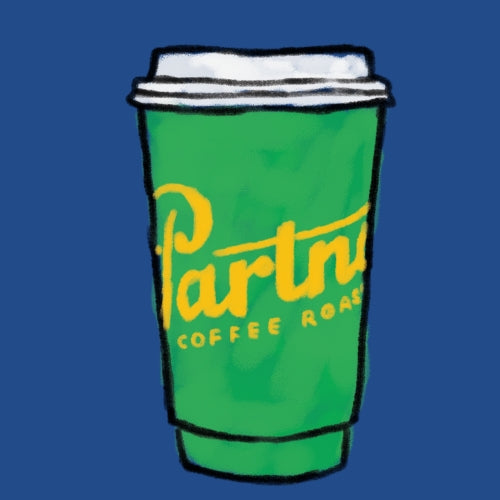
Leave a comment
This site is protected by hCaptcha and the hCaptcha Privacy Policy and Terms of Service apply.